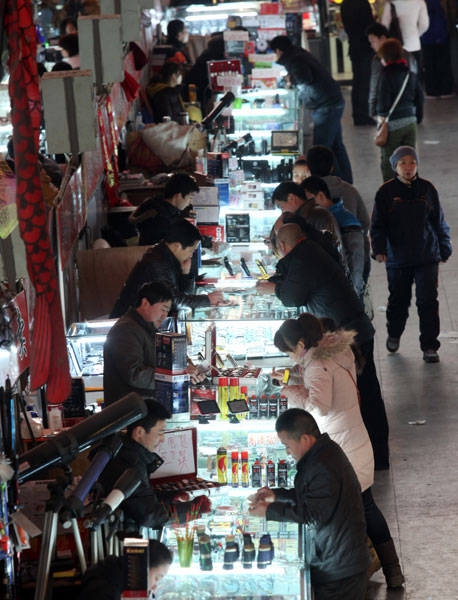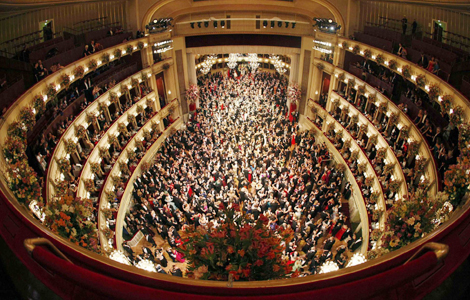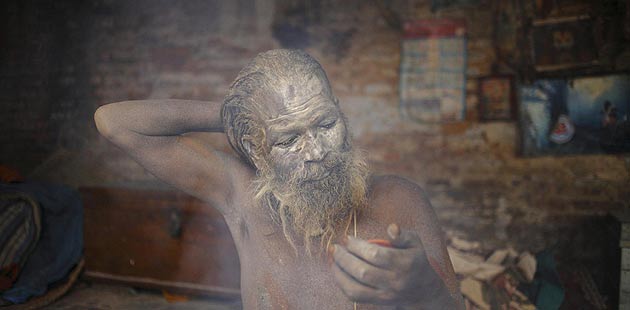Buying luxury items is a brand-new success story
Updated: 2012-02-20 10:22
By Tang Yue (China Daily)
|
|||||||||
To replenish her stock, twice or three times a month Zhang would visit Jieshi, a town in South China's Guangdong province that acted as a trading post for secondhand clothes arriving into the port of Hong Kong.
Clothes were bundled into job lots, she said, with a bag of shirts costing about 200 yuan and jackets about 50 yuan.
"We picked the good ones and dumped ones that were too old or torn. Sometimes I kept some for myself," Zhang said. "In the early days (of the market), I was making 10 times the amount I had previously earned as a construction worker," said the trader, who eventually wound up her business in 1999.
Packing up
Tianjin's Exotic Cargo Market is a lot more subdued today than it was two decades ago. When China Daily reporters visited shortly before Spring Festival, a traditional shopping season, there were few customers.
Zhang Li is among the few still selling "foreign garbage" at the market, which now has more traders pushing home appliances and other electrical equipment.
"In the 1990s, a secondhand shirt cost between 30 and 40 yuan. The price is about the same now, but the price of other commodities has doubled or even tripled," she said.
"Fewer customers are coming here, and a lot of traders have packed up and left. It's hard to make a fortune here now," she added.
Industry experts put the decline of the market down to the progress that has been made by Chinese clothes designers and the rise in people's incomes.
Hot Topics
Wu Ying, iPad, Jeremy Lin, Valentine's Day, Real Name, Whitney Houston, Syria,Iranian issue, Sanyan tourism, Giving birth in Hong Kong, Cadmium spill, housing policy
Editor's Picks
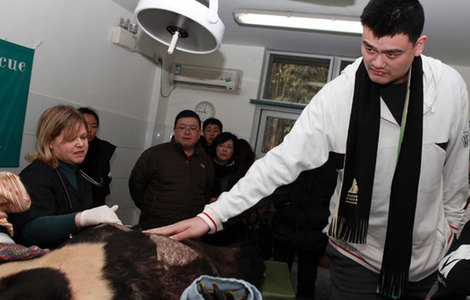
|
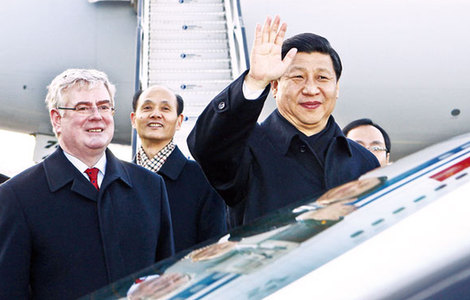
|

|

|

|

|
